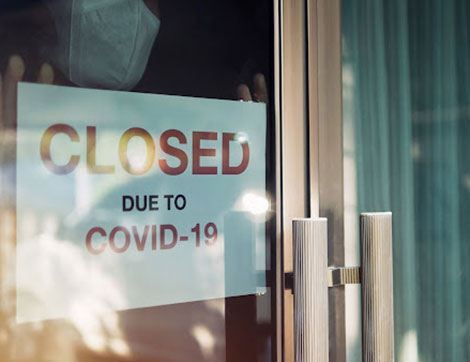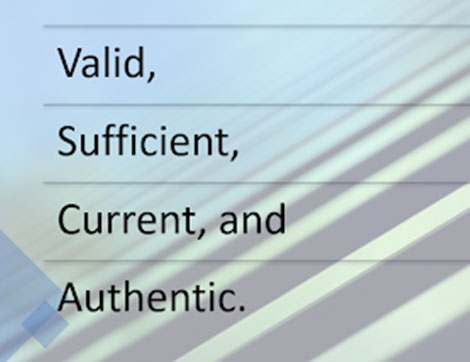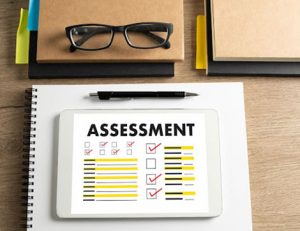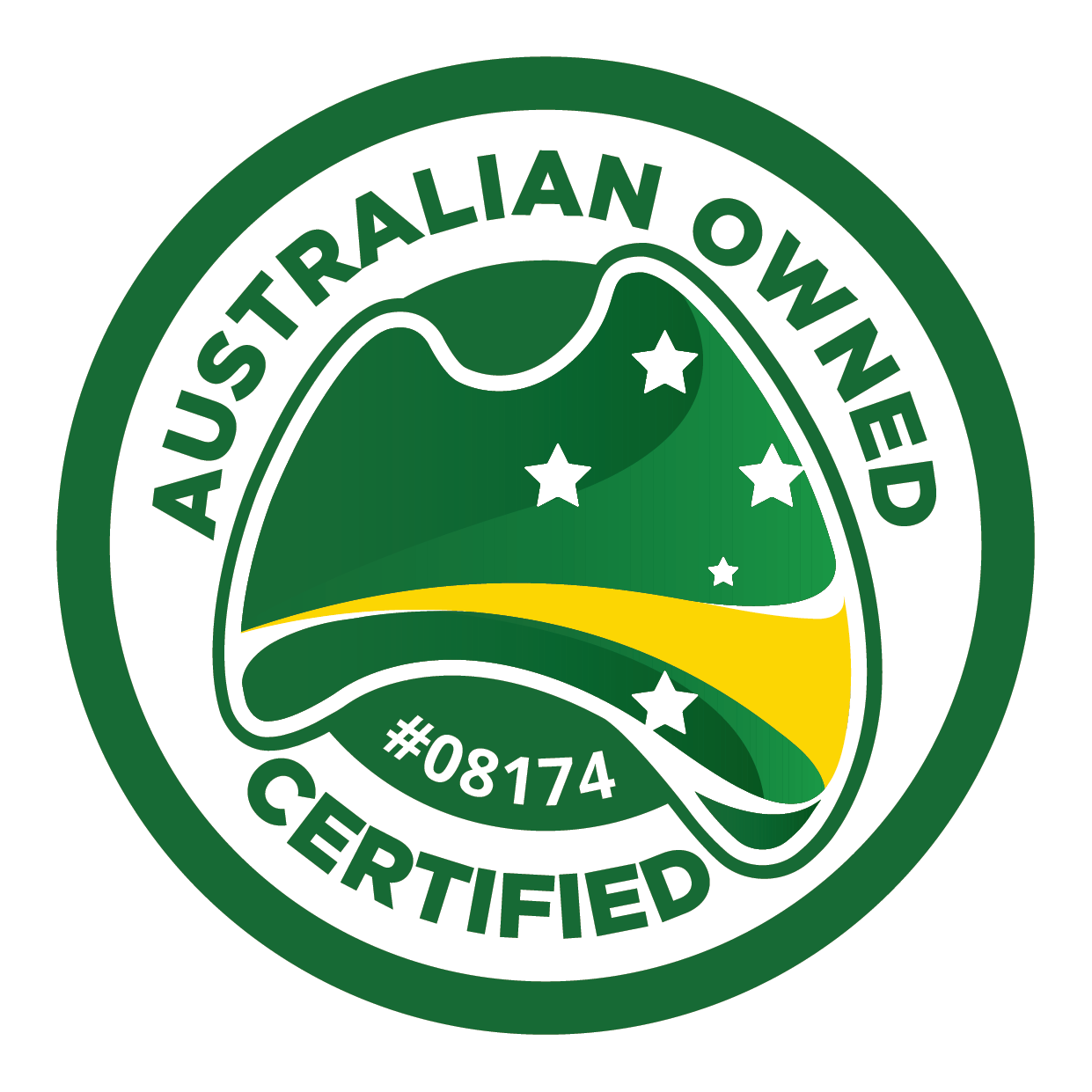Validity of traditional assessment methods

There is a great deal of debate surrounding the validity of assessment methods in vocational education and training (VET). Some believe that traditional methods, such as open book and closed book examinations and long answer, essay-type questions, are no longer fit for purpose in the modern VET sector. Others argue that these methods are still the best way to assess students’ knowledge and skills.
So, what is the truth? Are traditional assessment methods valid in today’s VET sector?
The answer is not simple. It depends on a number of factors, such as the type of assessment being used, the context in which it is being used, and the specific goals of the VET program.
However, there is evidence to suggest that traditional assessment methods can still be valid and useful in VET. For example, examinations can test students’ knowledge of a subject matter. And essay-type long answer questions can assess students’ ability to communicate and argue a point.
At the same time, it is important to remember that no assessment method is perfect. Each has its own strengths and weaknesses. Therefore, it is important to use a range of assessment methods in order to get a complete picture of a student’s abilities.
There is a range of different methods that can be used to assess students in the VET sector. These can include written examinations, practical demonstrations, interviews, or work samples. The appropriate assessment approach will depend on the specific situation and context. However, there are some general principles that should be followed, such as ensuring that the assessment is fair, valid, flexible and reliable.
It is important to ensure that the assessment method chosen is valid for the purpose it is being used for. This means that it must accurately measure the desired outcome. For example, if a written examination is being used to assess students’ knowledge of a particular subject, then the test must be designed in a way that accurately assesses this knowledge. If an interview is being used to assess a student’s ability to communicate effectively, then the questions must be relevant and focused on this particular skill.
The chosen assessment method must also be fair. This means that all students should have an equal opportunity to demonstrate their knowledge or skills. The assessment should not be biased in any way. For example, if a written examination is being used, then the test should not be too difficult or too easy. All students should have a reasonable chance of passing the test if they have studied hard and prepared properly.
It is also important to ensure that the assessment is flexible. This means that it can be adapted to meet the needs of individual students. For example, if a student has a learning disability, then special arrangements can be made to ensure that they are not disadvantaged by the assessment.
Finally, the assessment must be reliable. This means that it produces consistent results. For example, if a student gets a high score on a written examination, then they should get a high score every time they take the test. This is important because it ensures that the assessment is an accurate measure of student’s knowledge or skills.
When choosing an assessment method, it is important to consider all of these factors. The most appropriate method will depend on the specific situation and context. However, following these general principles will help to ensure that the assessment is fair, valid, flexible and reliable.
In conclusion, the validity of assessment methods in VET depends on a number of factors. However, traditional methods such as examinations and essays can still be valid and useful tools for assessing students’ knowledge and skills.












